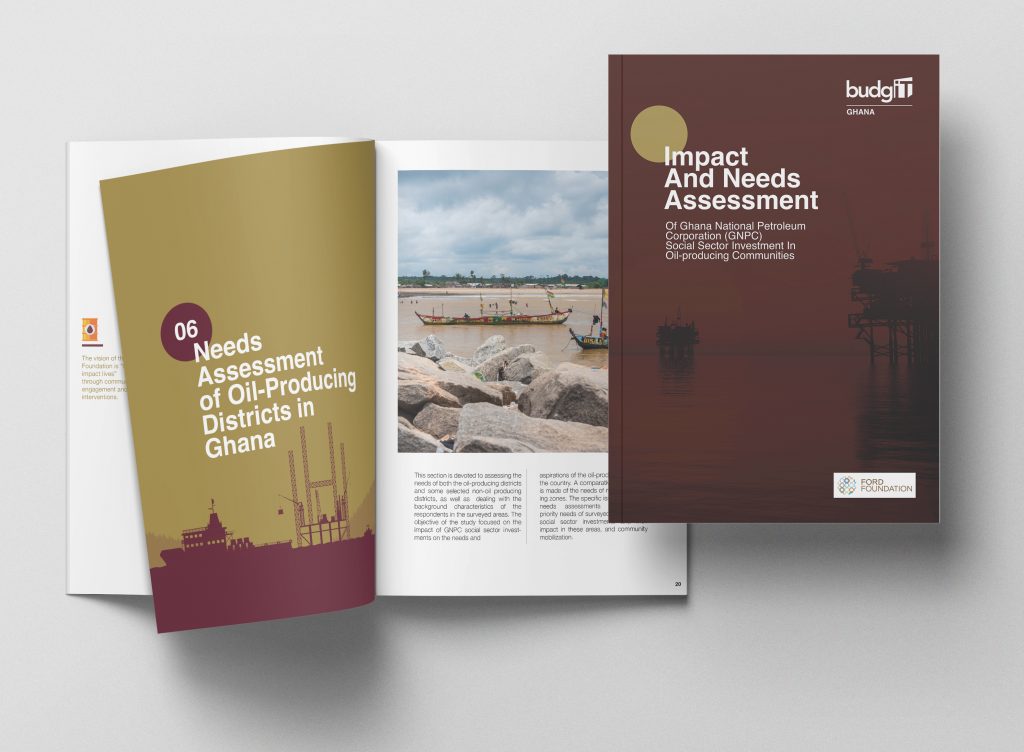Ghana’s oil and gas prospects are significant. Recent discoveries indicate oil and gas resources stretch across the country’s shoreline from Cape Three Points in the west to Keta in the east, with Jubilee, Saltpond, and Tweneboa Enyenra Ntomme Oil Fields. The Volta Basin is also believed to hold oil and gas reserves onshore. The petroleum sector has experienced significant growth, particularly since the discovery of oil in commercial quantities in the Jubilee fields in 2007. Some of the major oil and gas activities are conducted by international oil companies such as Tullow Ghana, Vitol, Kosmos Energy, ENI, and Aker Energy. Their sub-contractors include Schlumberger, Baker Hughes, Weatherford, Ocean Rig and Technip. The sector has been the subject of investment disputes, such as the one between the Springfield Group and Eni/Vitol.
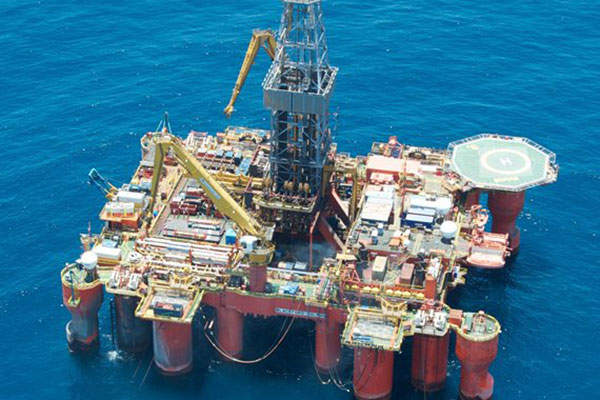
The GNPC was established in 1983 by the GNPC Act, 1984 (PNDCL 64) and is a party to every petroleum agreement. It holds the state’s interest on behalf of the Government of Ghana. As per PNDCL 64, GNPC’s primary mandate is to serve as Ghana’s national oil company (NOC) to undertake petroleum exploration, development, production, and disposal. The objects of the corporation, as defined in Section 2 of PNDCL 64 include:
- Promoting the exploration and the orderly and planned development of the petroleum resources of Ghana.
- Ensuring that Ghana obtains the greatest possible benefits from developing its petroleum resources.
- Obtaining the effective transfer to Ghana of appropriate technology relating to petroleum operations.
- Ensuring the training of citizens of Ghana and the development of national capabilities in all aspects of petroleum operations.
- Ensuring petroleum operations are conducted in such a manner as to prevent adverse effects on the environment, resources and people of Ghana.
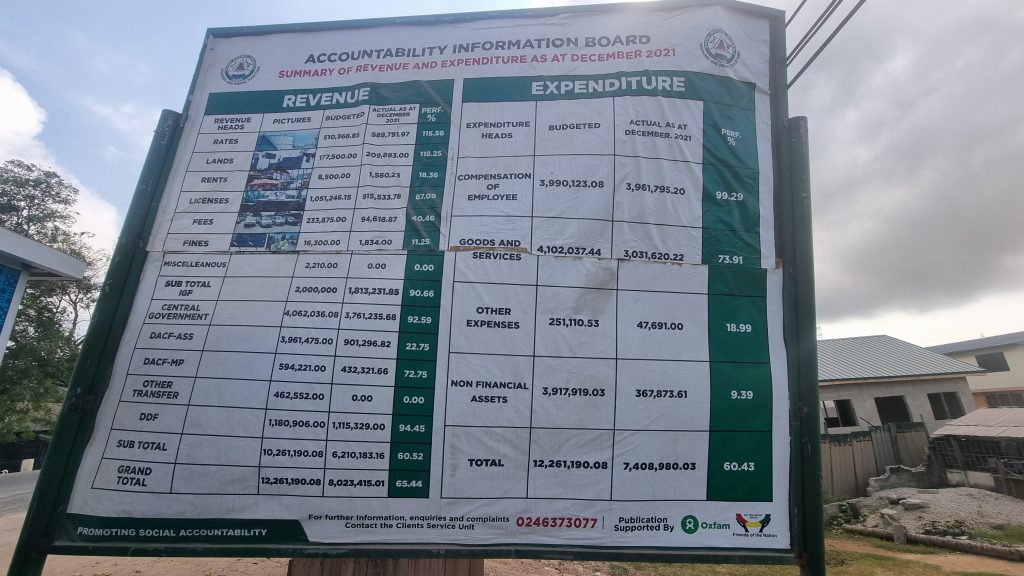
GNPC is also enjoined under Section 3 of PNDCL 64 to, among others:
- Advise the Minister of Energy on matters concerning petroleum operations.
- Engage in petroleum exploration and production agreements and other petroleum contracts, either alone or in association with others.
- Enter into petroleum exploration and production agreements and other petroleum contracts providing for the assistance, participation, or cooperation of contractors in connection with petroleum operations.
- Buy, sell, trade, store, exchange, import or export petroleum and, for this purpose, acquire or operate any installations, facilities, or means of transportation.
The law requirements under the GNPC Act meant that GNPC was set up with the main mandate of being a commercial player, all the while interacting with different categories of stakeholders. In practice, however, it also performed de-facto regulatory and managerial functions under the general supervision of the mandated regulator, the Ministry, and served in an advisory capacity to the Ministry as well. These managerial, technocratic, regulatory, and advisory functions were in essence, transferred to the Petroleum Commission when the entity was set up in 2011. As such, when the Petroleum Commission was set up in 2011, its governing Act stated in Section 24(1); “Six months after the commencement of this Act, the Ghana National Petroleum Corporation shall cease to exercise any advisory function concerning the regulation and management of the utilisation of petroleum resources and the coordination of policy in relation to that function.” Section 24(3) also states, “Subject to the provisions of this Act, a government agency or authority shall not exercise any function in relation to the regulation and management of the utilisation of petroleum resources and the coordination of policies in relation to that function. “
Regarding its commercial function, GNPC is the Ghanaian state’s main commercial strategic vehicle for state participation in the oil and gas industry. By law, that is, per Section 10(1) of the Petroleum Act, 2016, GNPC is a partner in all Petroleum Agreements (PA) signed with contractors through its initial carried interest and, where applicable, additional participating interest (CAPI). On the other hand, the regulatory/resource management functions of GNPC include promoting orderly and planned exploration and development of Ghana’s petroleum resources and enforcing compliance with health, safety, and environmental (HSE) protocols. Others include promoting local content through technology transfer and human resource development.
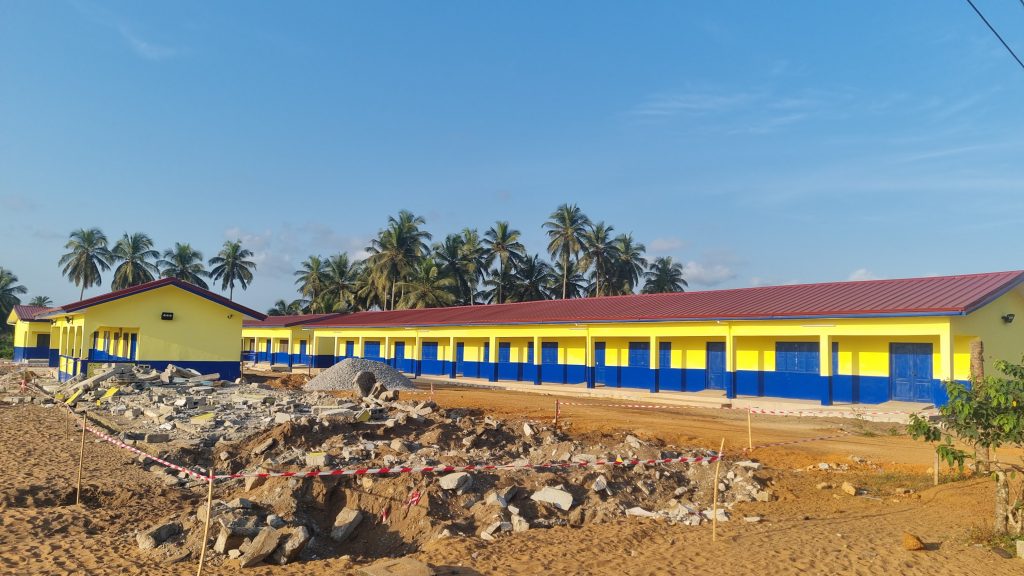
As a commercial player, the State, through GNPC, is entitled to a minimum of 15% carried interest in Petroleum Agreements consistent with the Petroleum (Exploration and Production) Act, 2016 (Act 919). A carried interest is defined in the petroleum agreement as an interest held by GNPC in respect of which the contractor pays for the conduct of petroleum operations without any entitlement to reimbursement from GNPC for exploration and development operations. The initial participating carried interest is at least 15% for Exploration and Development under the Petroleum (Exploration and Production) Act, 2016 (Act 919).111 It was initially 10% in the Petroleum Agreements preceding Act 919. Also, GNPC can acquire an additional participating interest within a specified period following the declaration of commercial discovery in each Petroleum Agreement. GNPC pays for the acquisition of this interest and all costs incurred in conducting petroleum activities other than exploration costs.
Furthermore, in performing this commercial role, GNPC and its partners (the international oil companies: IOCs) have since the late 1980s funded various seismic data acquisitions, including other exploration and downstream activities.
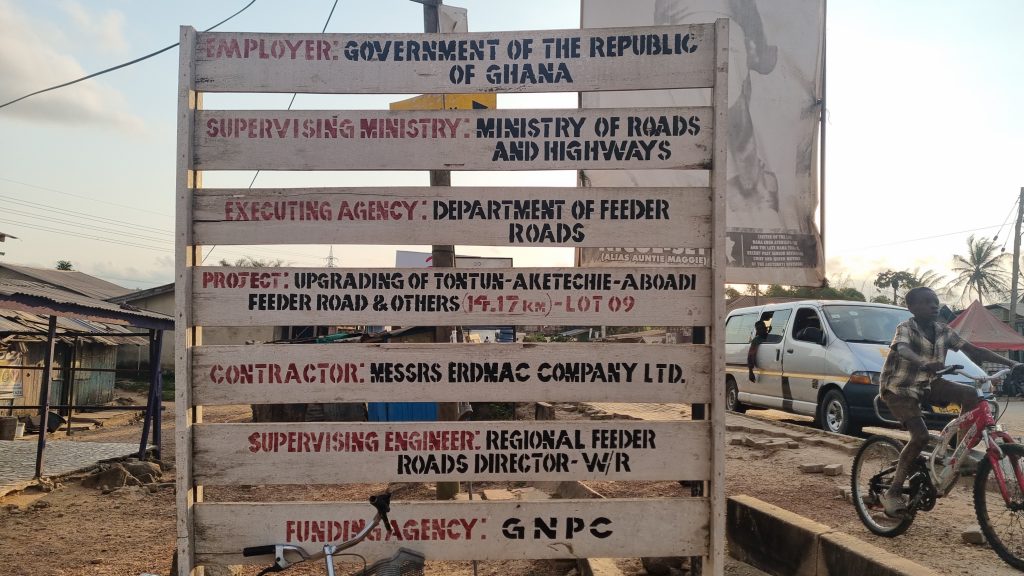
GNPC maintains relationships with various parties. Its main stakeholders include the people of Ghana through the government and statutory state institutions such as the Ministry of Energy, Ministry of Finance, Parliament, the Petroleum Commission, and the State Interest and Governance Authority (SIGA). Other stakeholders include various accountability institutions such as the Public Interest and Accountability Committee (PIAC) and the Auditor General. Also included are frontline communities where oil and gas activities occur, such as the Western Region, local and foreign partners, including the IOCs and service companies, civil society organisations (CSOs), academia, and the media.
